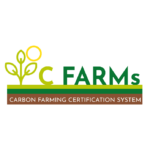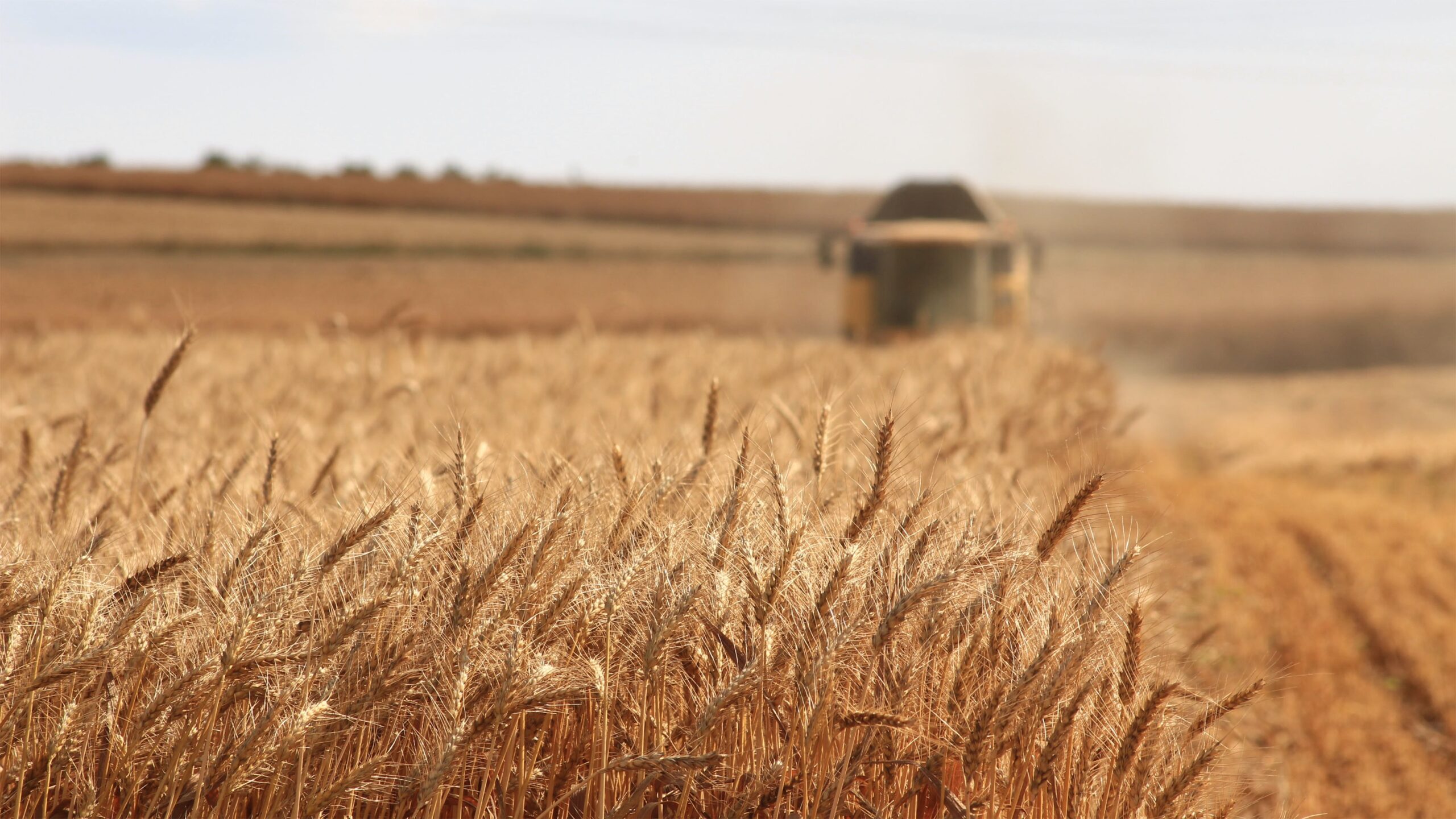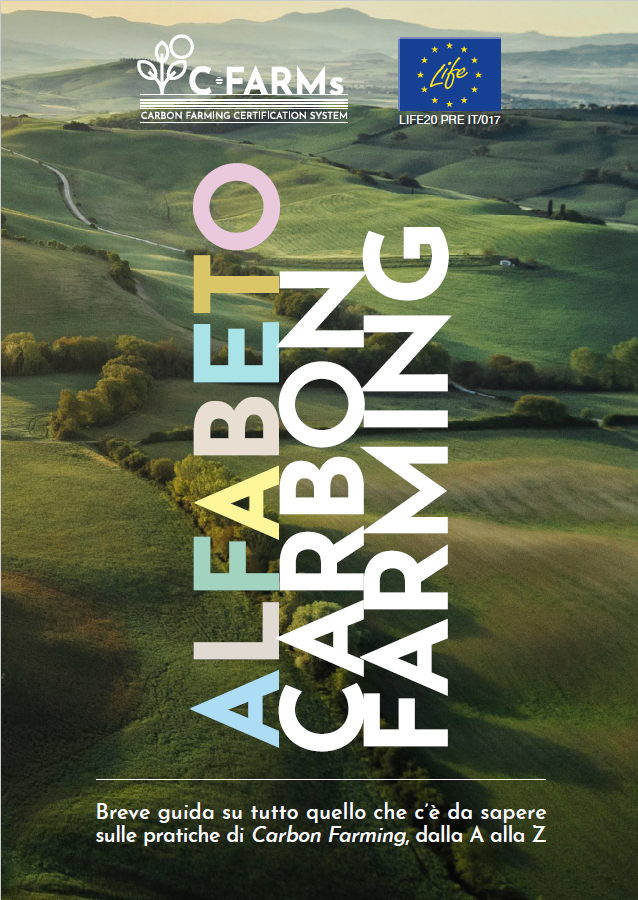Developing a regulatory framework and a carbon certification scheme: this was one of the main outcomes of the project.
In particular, the aim of this action was to gather the information collected in the Lombardy region during the previous course of the project and process it to develop a proposal for a certification scheme for carbon removal units resulting from carbon farming activities.
The scheme of the C-FARMs project took as its starting point the guidelines published by the European Commission at the end of November 2022, trying to adapt them to the Italian situation and finding a balance between scientific rigour in the evaluation of the carbon removal units produced and the economic advantage for the farmer who chooses to apply virtuous management practices in his farms. In line with what the European Commission has proposed, the scheme intends to reward the result of good practice and not just its application.
This is possible thanks to the survey in the field at the end of the certification period of the actual amount of carbon that is accumulated in the soil or in the biomass of plantations. The mechanism could therefore be useful not only for market purposes but also in an overall perspective to increase knowledge useful to collect information in the national GHG (greenhouse gas) emission register on the real effect of management practices in the various territories.
In summary, the proposed mechanism involves operators, who choose to apply one or more of the practices proposed by the carbon farming scheme, certifying their application for a period of 5 and 10 years through a third-party certification body. The carbon removal units produced through the application of the practices are entered into a public registry and offered for sale on the voluntary carbon credit market.
Although it has been said that the mechanism rewards results, the effects of carbon farming practices do not see a possible quantification before 5-10 years, which is too long a timeframe for farmers to expect an economic return on the application of the practices.
Therefore, a mechanism was devised whereby carbon removal units for sale could be entered annually on the basis of literature data, which is extremely cautious, and then offset by actual data at the end of the certification period.
Prior to its final version, the document produced within the C-FARMs project underwent a review not only by the project partners, but also by 25 stakeholders from different sectors of civil society, certification bodies and professionals, before being submitted to a one-month public review.
The final product was then supported by a series of accessory products useful for the application of the standard: a document containing the procedures necessary for certification bodies to carry out third-party audits, an evaluation of certification costs that defines the cost bands according to the different types of companies, and a final document that defines the methodologies for estimating carbon in the field, both for soil carbon and for plantation biomass. The results of the activity were also presented at the Food&Science Festival in Mantua in May 2023, and can be downloaded from the official project website, which can be accessed from here in the section dedicated to the “Regulatory framework and carbon certification system”.




